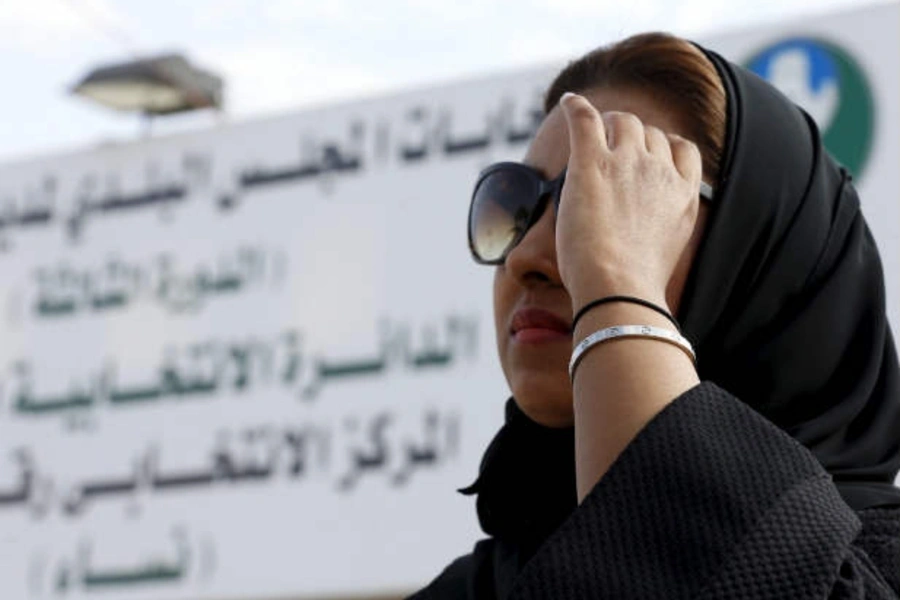Women Around the World: This Week

More on:
Welcome to “Women Around the World: This Week,” a series that highlights noteworthy news related to women and U.S. foreign policy. This week’s post, covering December 11 to December 18, was compiled by Anne Connell.
Landmark elections for women in Saudi Arabia The December 12 elections marked the first time in Saudi history that women voted and ran for office. Women made small but significant gains in representation: of the 6,800 candidates competing for 2,106 seats, 979 were women, and only 20 of these women won seats. Elected women include a British-trained scientist, the Vice Chairwoman of the Jeddah Chamber of Commerce, a local business leader, and a social worker. Candidates overcame sizeable obstacles to reach elected office: they were forbidden from using photos on campaign materials, conversing with men while campaigning in public, or driving to polling places. In a country with the highest rates of social-media use in the world—over five million Saudis use Twitter—online platforms proved to be a valuable resource for women in sidestepping highly restrictive policies. Many female candidates ran social media campaigns and used networking channels like WhatsApp and Telegram to converse with voters about the election process and voter registration.
Indictment for rape as a war crime in Rwanda This week, a wanted architect of the Rwandan genocide, Ladislas Ntaganzwa, was captured by UN forces in eastern Congo and indicted on charges of genocide and rape as a crime of war. The precedent of rape as a war crime was set by the special tribunal created to respond to the 1994 Rwanda genocide, now hearing its final claim. During the 1994 genocide in Rwanda, Ntaganzwa allegedly organized mass rapes and killings of civilians, including an attack on a church where thousands had sought refuge. Following the genocide, he was one of the estimated two million ethnic Hutu Rwandans—many of them perpetrators of the genocide—who fled to Congo, fueling years of political unrest and brutal violence in the eastern provinces of the country. Dozens of active armed groups have since vied for control of resources and territory in the region. Ntaganzwa’s case will be heard in the Rwandan court system.
Rise in female police officers in Ukraine The Ukrainian police force—once synonymous with corruption and notorious for brutality against the Euromaidan protesters in 2014—is undergoing major changes. Spearheading the efforts are two women: Eka Zguladze, deputy interior minister, and Khatia Dekanoidze, national police chief. The revamped Patrol Police that hit the streets of Kiev in July has 2,000 officers, and another 2,500 are now training for deployment in Odessa, Lviv, and Kharkiv. Soviet-relic training programs have been overhauled and the recruitment of female police officers has increased dramatically—women make up one-quarter of the officers. It will take years for the country to bring the program to scale and see the full effect of a reformed, mixed-gender force, but the number of emergency calls requesting police help has quadrupled since the summer, suggesting that public trust in the police is already on the rise. Ukraine’s reforms may provide a regional example for how to increase women’s recruitment, hiring, and deployment in police forces, a key tenet of the UN Security Council Resolution 1325 framework to advance women’s participation in peace and security processes.
More on:
 Online Store
Online Store